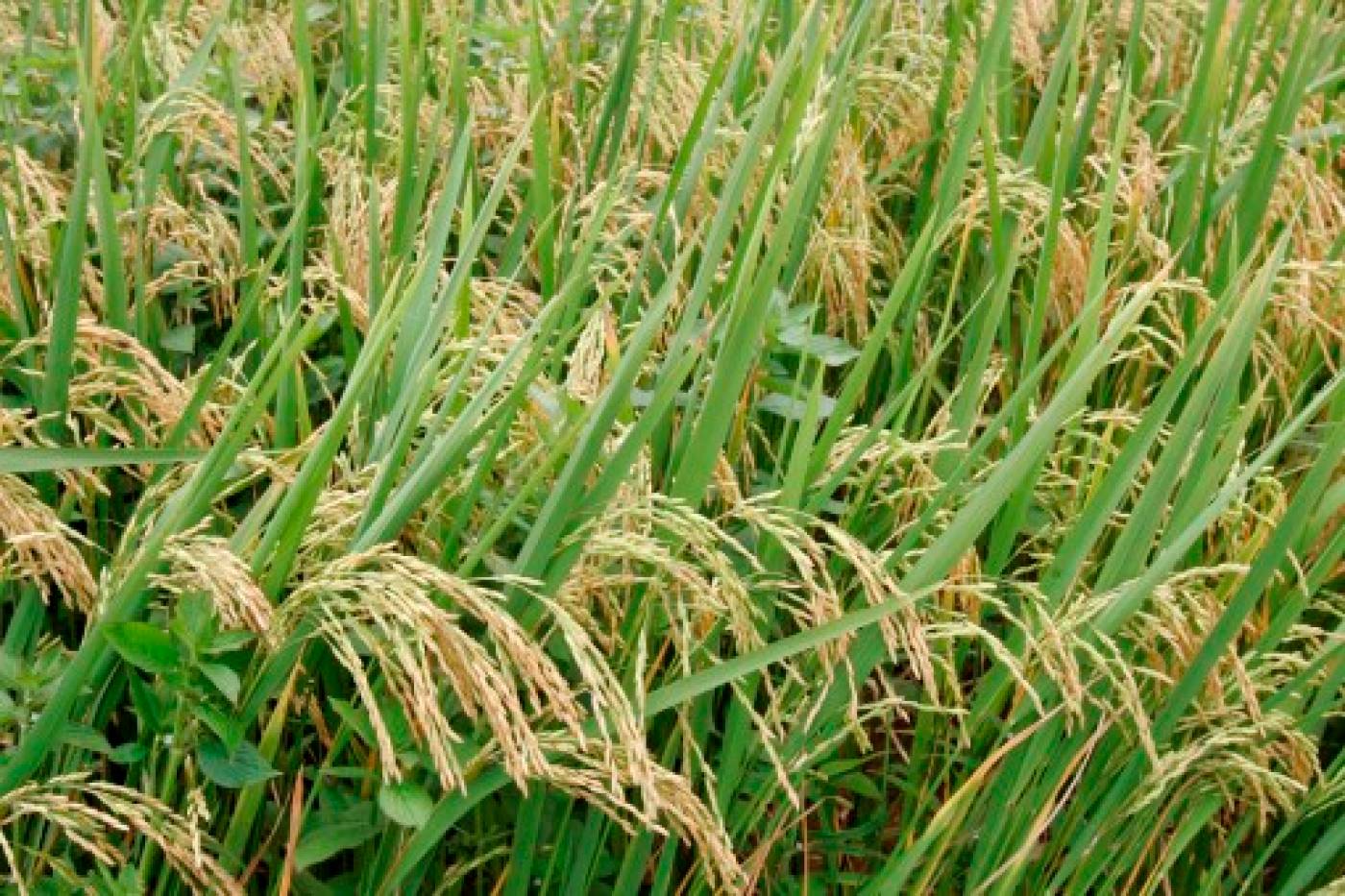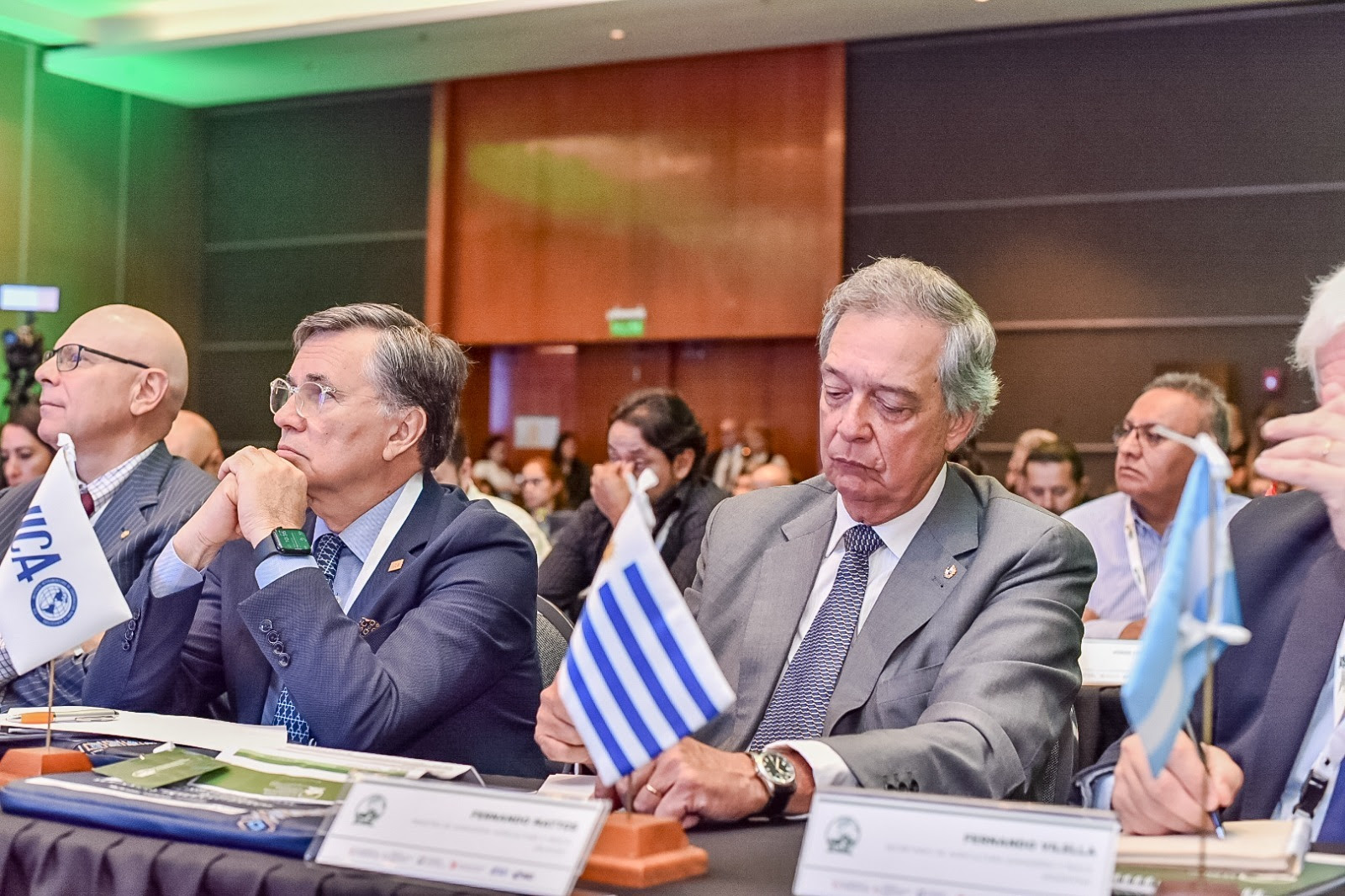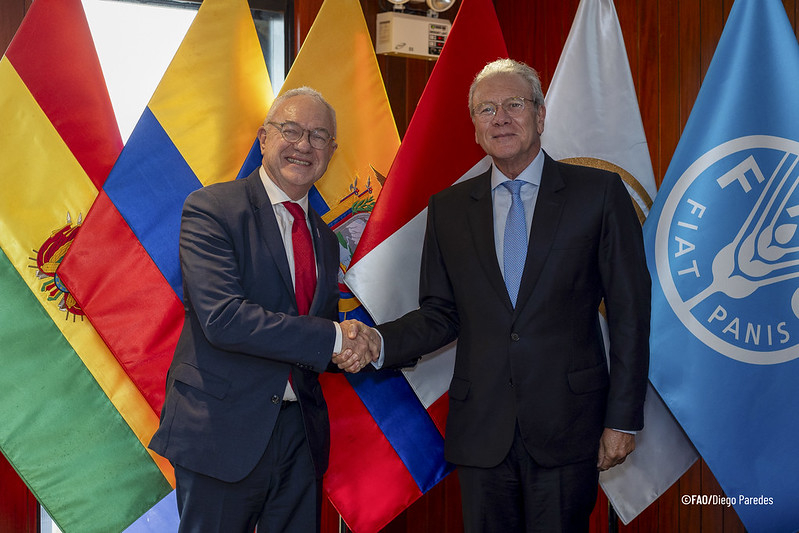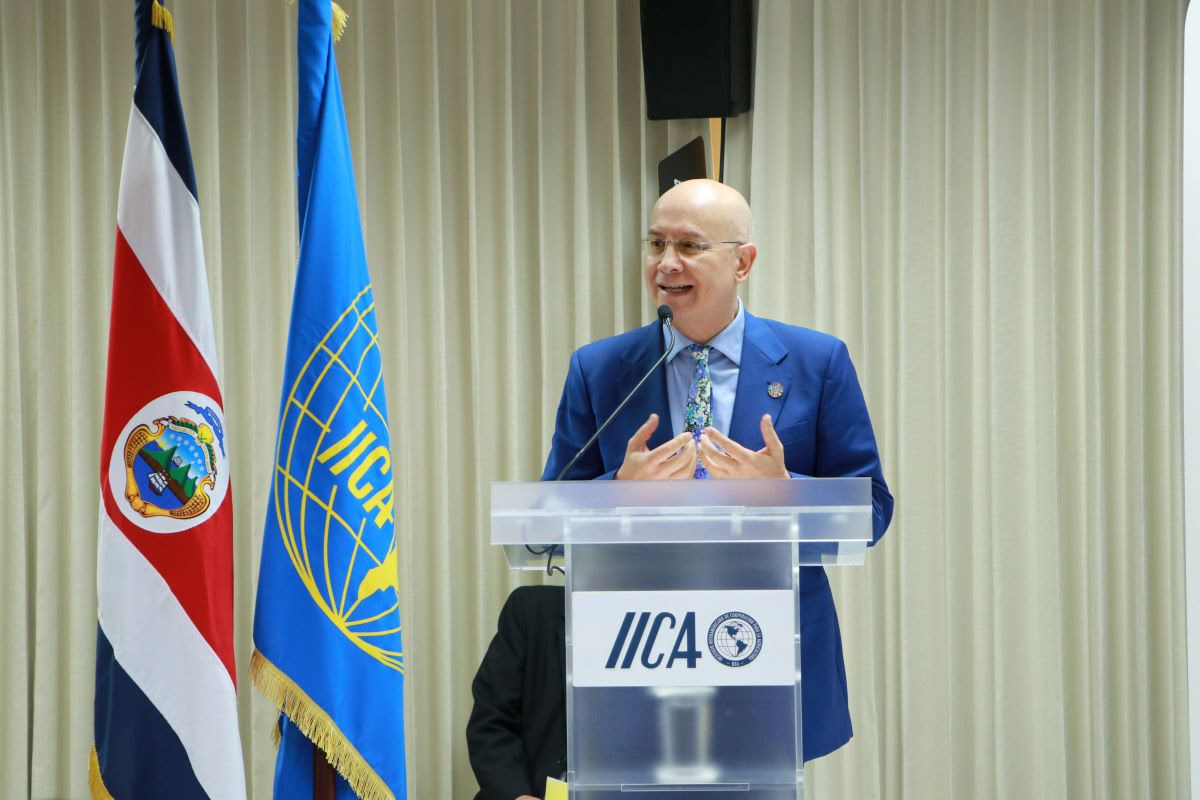At a virtual meeting of the Committee on Agriculture in Special Session on May 25, WTO members shared preliminary views on COVID-19’s impact on the WTO’s agriculture negotiations and discussed how to move forward with these talks.
Members reaffirmed the importance of upholding WTO rules during the COVID-19 crisis and stressed the relevance of the agriculture negotiations in addressing food security concerns arising from this crisis.
The Chair, Ambassador John Deep Ford announced that his chairmanship of the negotiations will end on June 30.
Effects of the pandemic and importance of WTO rules
The Chair noted that the purpose of the virtual meeting was to have a preliminary exchange of views on the impact of COVID-19 and to “deliberate on where we are now and what should be done going forward”. He said: “COVID-19 has impacted on almost every topic we have been discussing.”
Ambassador Ford said that in their replies to his options paper circulated on March 16, members had expressed the need to i) focus fully on fighting the COVID-19 crisis, ii) take into consideration the current working conditions, iii) reflect on how the COVID-19 crisis could impact the negotiations, and iv) review how the Committee work could proceed, taking into account the postponement of the 12th Ministerial Conference (MC12) for at least one year.
During the meeting many members provided information on the pandemic’s disruptive effect on the food supply chain, particularly in developing and least developed countries. Many developing members stressed the issue of food insecurity and the predicament of farmers and small businesses. Several delegations stressed that the health crisis should not turn into a food crisis.
Many members expressed their concerns with the introduction of export restrictions on food by some governments in response to the COVID-19 crisis. Several members warned about the prolonged negative effect of these measures on global markets, in particular for net food-importing countries.
They drew attention to the recent G20 Agriculture Ministers Statement issued on April 21 and the joint statement of 23 WTO members on May 14. Both statements pledged support for open and predictable trade in food and agricultural products and highlighted the need to ensure that export restrictions are in line with WTO rules and are “targeted, proportionate, transparent and temporary”.
Many members called for respect for WTO rules and enhanced policy transparency at the multilateral level through early notifications of trade measures. Members commended the WTO Secretariat’s COVID-19 web page, which is dedicated to monitoring trade-restrictive measures taken during the crisis. Some members also said the upcoming Regular Committee on Agriculture, scheduled for 18 June, is another opportunity to examine each other’s new policies.
COVID-19’s impact on agriculture negotiations
Regarding food security, many members stressed the importance of the negotiations on export restrictions. These negotiations are aimed at enhancing the transparency and predictability of export restrictions as well as facilitating purchases of food by the World Food Programme for humanitarian purposes.
The G33 and some developing members also flagged the urgent need to establish a permanent solution for food stockpiling and the need for a Special Safeguard Mechanism (SSM) to guarantee food security at this time of crisis. Some developed countries renewed their warning about the spill-over effects and market distortion that might arise from excessive stockpiling.
On domestic support, members took note of the new aid packages being provided to farmers by some governments in response to the crisis, and their potential impact on the global food market. Several developing countries said that reducing domestic support, particularly by eliminating aggregate measurement of support (AMS) entitlements, remains a long-term objective of the agriculture negotiations and is fundamental to achieving fair trade. Several Cairns Group (a group of food-exporting countries) members also repeated their call for a reduction in trade-distorting domestic support.
The desire for enhanced market access expressed by some food-exporting countries was met with resistance from some developing countries, who said now is not the right time to discuss this issue. The Cotton-4 countries (Benin, Burkina Faso, Chad and Mali) highlighted the significant impact of the crisis on the cotton sector, making the work of the WTO on this issue more relevant than ever.
Members discussed how the COVID-19 crisis has impacted their capacity to fully engage in the negotiations. Several delegations stressed that capitals are focusing on fighting the virus rather than pursuing negotiations and that virtual discussions had made communications between delegations and their capitals more difficult.
In his conclusion, the Chair noted that despite these difficulties members agreed “we must meet in virtual format even though that will not replace the traditional format, and we must inform (each other). We must exchange documents, we must continue our analysis and we must keep the information flowing.”
Several members cautioned, however, that “real” negotiations could only resume with in-person meetings. Some members considered that the postponement of MC12 was an opportunity to devote more time to analytical work. While some members considered current work should focus on the impact of the COVID-19 crisis, especially in relation to food security, others expressed the view that the crisis should not preclude the continuation in parallel of discussions aimed at pursuing the long-term objective of agriculture reform.
The Chair concluded that the welfare and food security of many countries was more dependent than ever on an open, predictable and fair trading system. He said members should explore how the COVID-19 crisis had brought to the fore certain issues addressed in the negotiations and how this could ultimately help build convergence among members.
Members discussed the format and frequency of possible future virtual meetings, the holding of hybrid meetings when it becomes possible, the combination of meetings with a written procedure, and possible linkages with regular meetings of the Committee on Agriculture. They also stressed the need for long-term planning to facilitate preparation for these meetings as well as the possibility of organizing small group meetings to discuss different viewpoints on specific technical issues.
Chair’s departure
Amb. Ford announced that his chairmanship of the negotiations would end on June 30. He encouraged members to identify a new Chair as soon as possible and to continue working towards achieving comprehensive outcomes by MC12.




